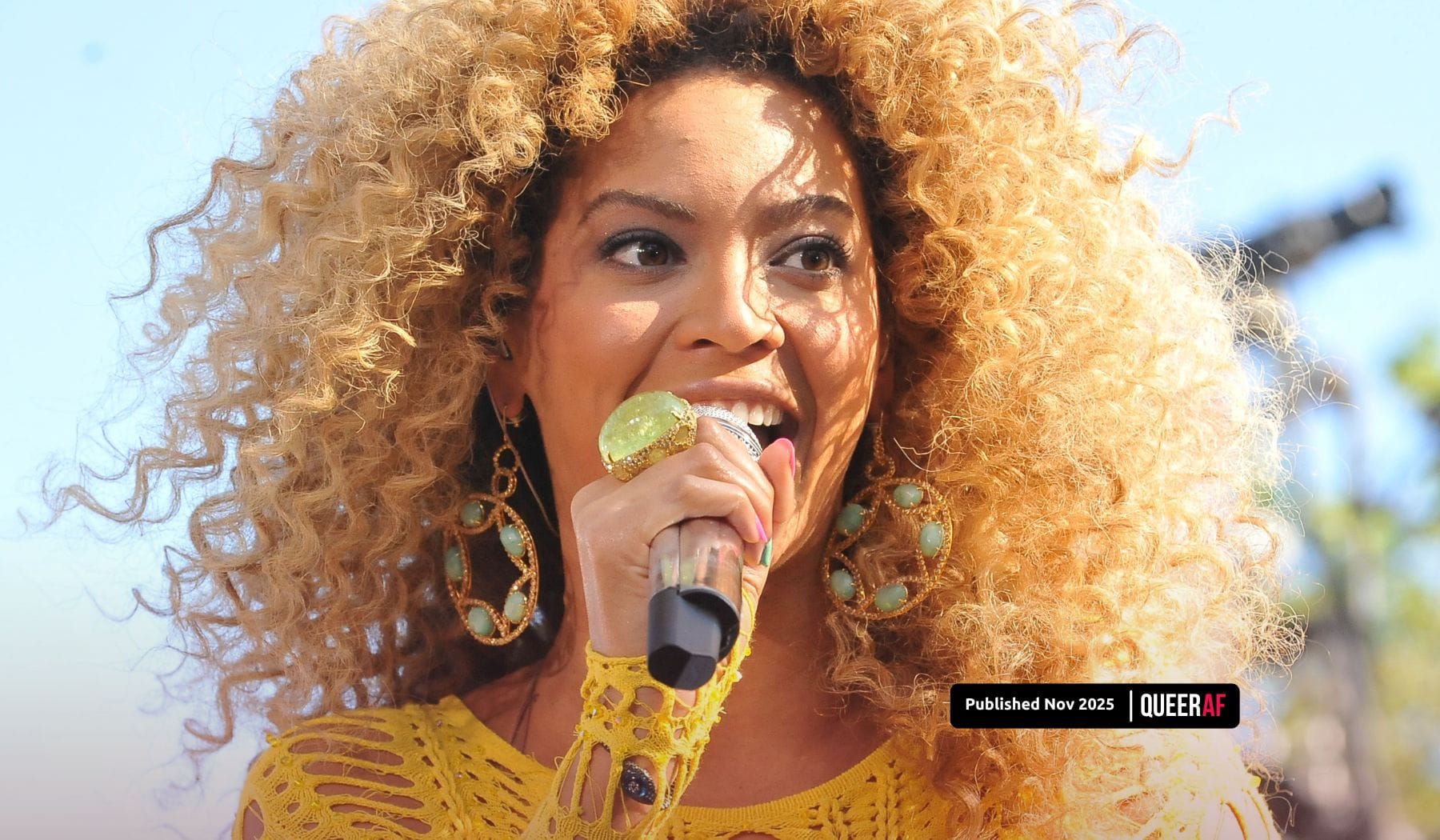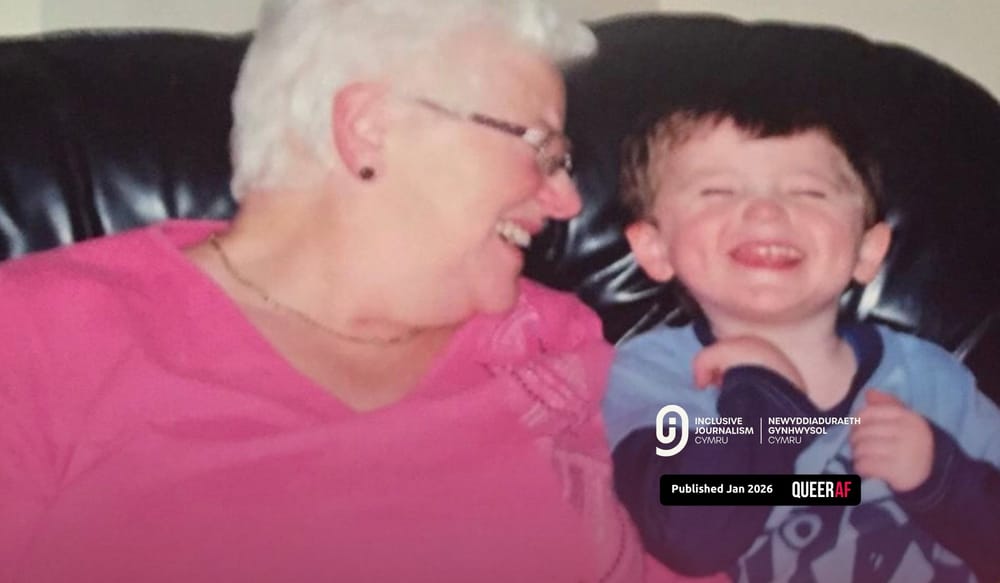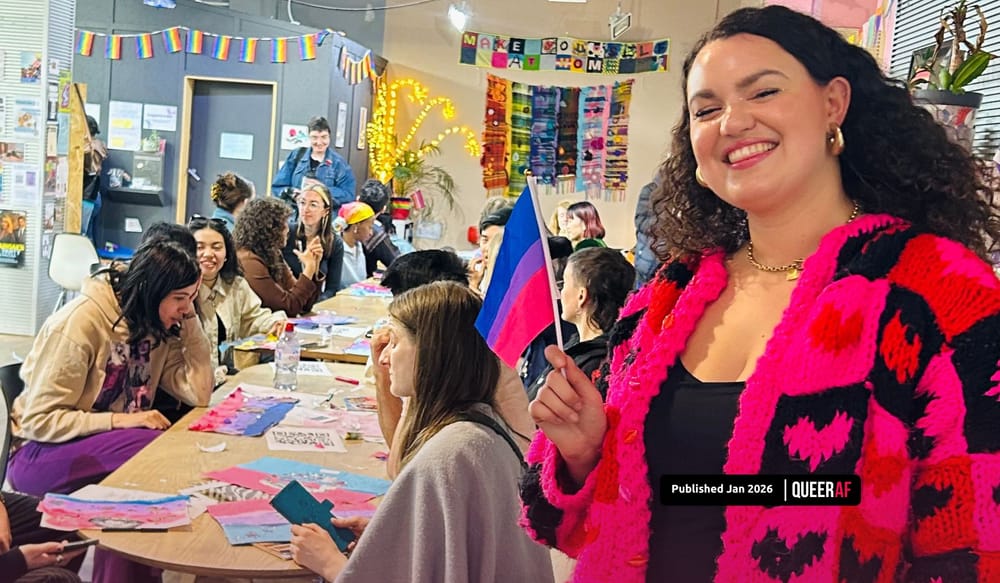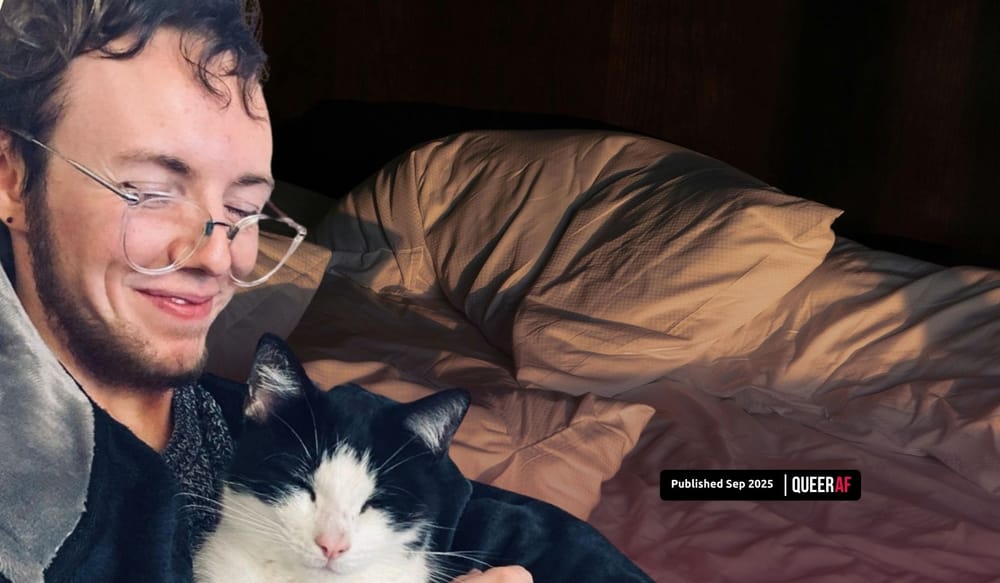
Growing up, blonde always stood out as one of my favourite fashion statements. But it’s from studying Geography, with the discipline’s complex roots—a field historically shaped by colonialism, mapping, and control—that helped me see that blonde hair, too, can be read through lenses of anti-racist structures, power, resistance, and identity.
Black people have been systematically denied perceptions of intelligence—much as blonde individuals have, albeit in a different way. These shared histories are worth highlighting as we rethink who gets to be seen as beautiful, smart and Black.
The colour blonde has been reclaimed, reimagined, and redefined—most powerfully, perhaps, through figures like Beyoncé Knowles. So much so, her signature “Beyoncé blonde” or “honey blonde” looks faced criticism of being assimilationist or ‘too white’.
In the pursuit of Black radicalism and revolutionary practices, multiple forms and a non-linear path is integral for the growth and liberation which Audre Lorde discusses in her famous writings ‘Sister Outsider’.
As a QTIPOC person, the practice, reclamation, and remembering of anti-racism is at the centre of my personal, working and societal outlook. The politics of blonde hair and its discourse develops white and Black children’s framework as holistic and inherent leaders within anti-racist practices.
Thus, for me personally, this conjunction, and the paradigm of blonde hair, in its empowerment and strength is a milestone for Black culture, identity, and pride—a bold reclamation of space within a beauty narrative that historically excluded Black folks. As an avid queer watcher of RuPaul’s Drag Race, I know hair colours are a deep creative expression. For anti-racist development it’s important to highlight the bold opportunity of the colour blonde and its shift from white supremacy to a Black identity.
This I’d argue is a catalyst to allow for white folks to further engage in anti-racism—and in doing so a contributor in removing white folks or whiteness from the topic altogether.
From ballroom to the rave scene—Queer Black culture continues to shape Britain, and it’s these Queer scenes that heighten a manoeuvre for solidarity and a shared cultural nurturing. Within Queer Black culture, the adoption of blonde hair—whether through music, art, or everyday style—signals transformation. Artists like Beyoncé, Jorja Smith, and Shygirl have expanded on what beauty and Black identities can look like, turning a once-exclusionary aesthetic into a site of freedom and self-definition.
The presence of blonde hair among Black and albino communities further challenges rigid racial binaries. Ownership of beauty is as much political as it is personal. This allows for white children to have the inherent opportunity to be listeners, supporters, and comrades to their QTIPOC peers.
In tracing the journey of blonde hair—from its entanglement with colonial ideals of beauty to its reclamation within Black and queer expression—I have come to see it as a political act.
Blonde hair becomes both a mirror and a megaphone: reflecting histories of shared experiences while amplifying new narratives of empowerment, intelligence, and creativity. Moving back to my hometown has illuminated how such self-expression—rooted in anti-racist practice and queer joy—can shift collective consciousness.
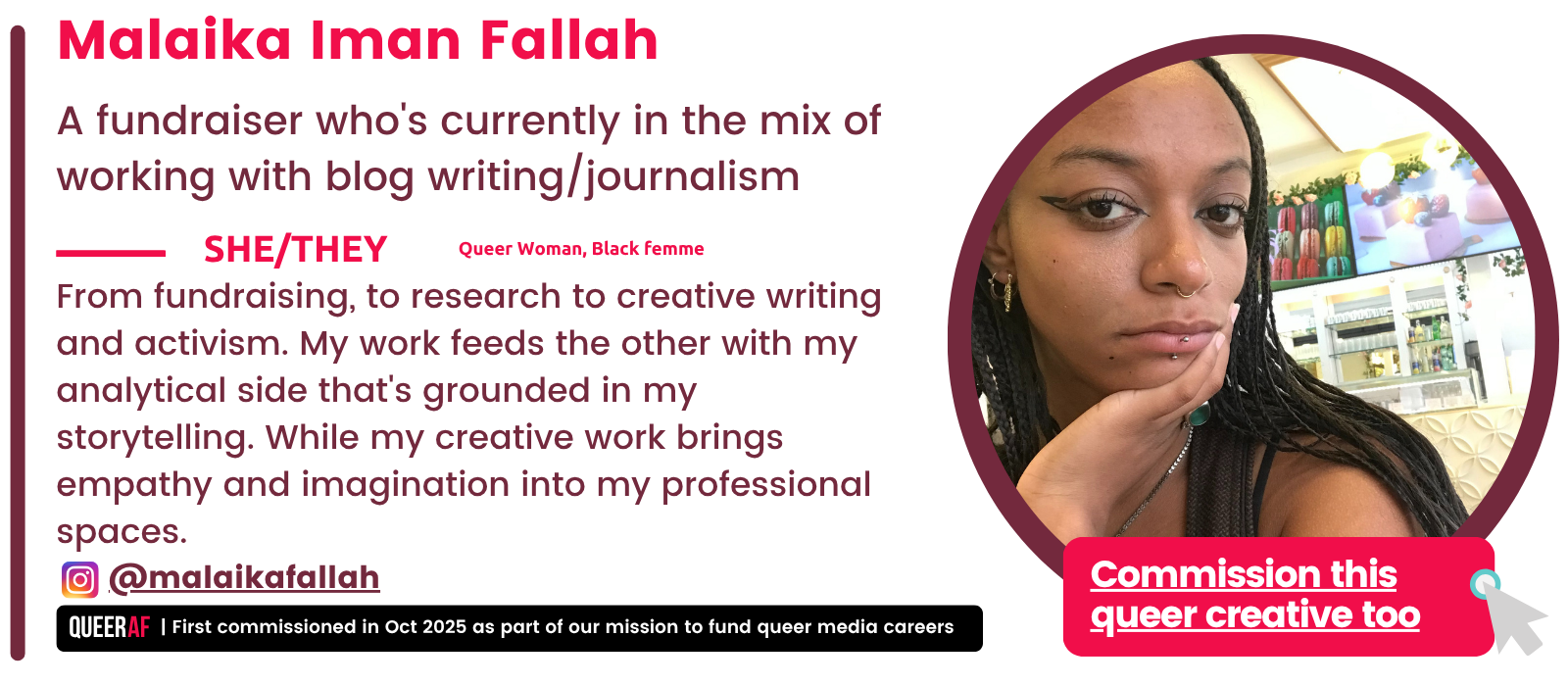
Get the Queer Gaze in your inbox each week with our free weekly newsletter or pitch to write an edition for us now.
We support our writers to build media careers
"As someone that didn't go to University I often doubt myself as a capable communicator, especially as the first Director I worked for at the Guardian told me I'd never be eloquent enough if I didn't have a degree.
"But I can categorically say that the half-hour editing and feedback chat with Jamie Wareham has built my confidence and given me far more valuable advice. What a profoundly beautiful thing QueerAF are doing within news & media."
That's how one of our creatives, Ray Cooper said about our approach and support when they wrote their queer gaze article.
That's the power of our work; that's the power of our unique approach to journalism; that's what our memberships support.
Will you join the hundreds of QueerAF members who make our work to change the media, to change the country - happen?

